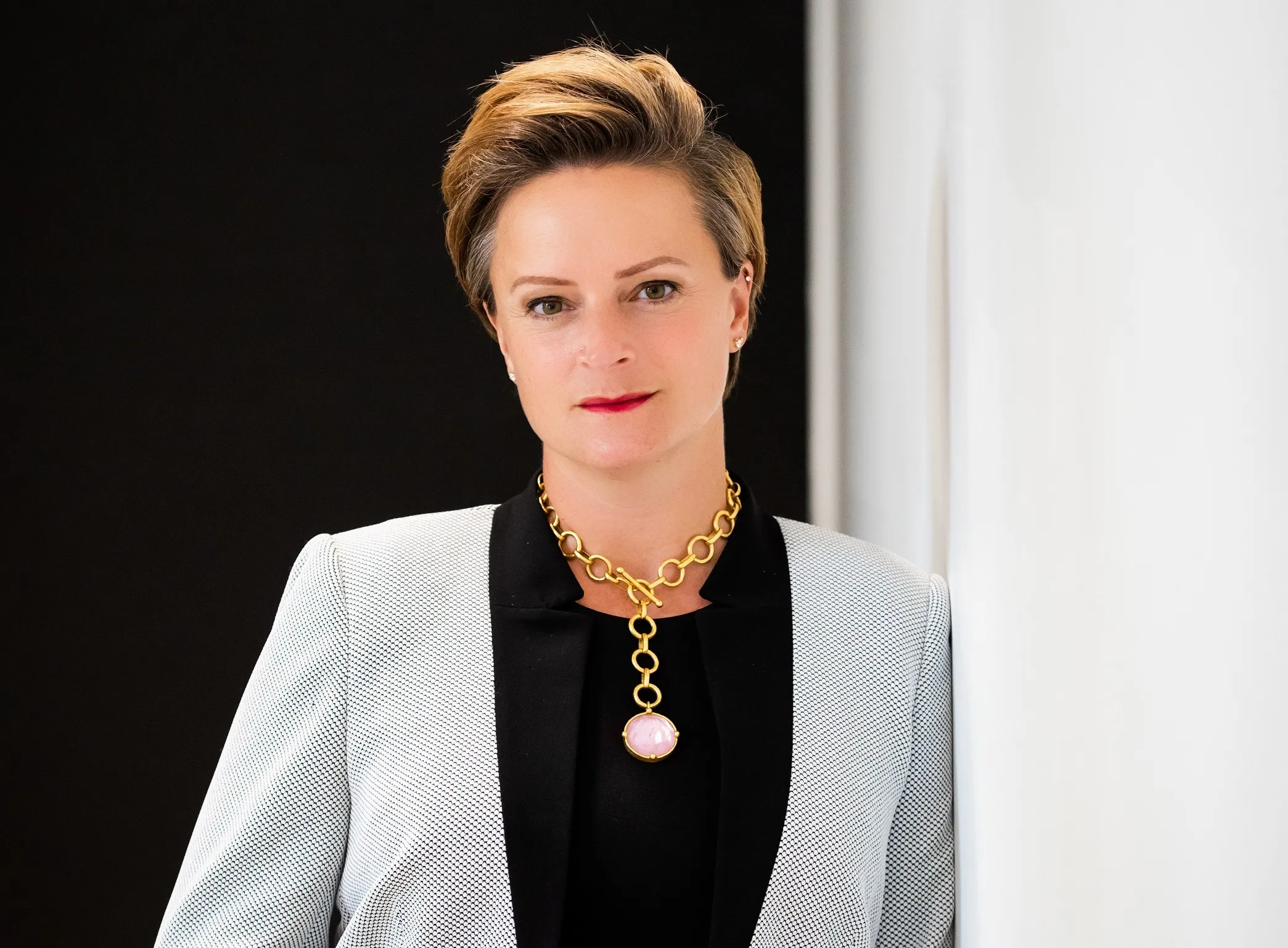San Francisco County Transportation Authority (SFCTA) is considering implementing congestion charging in an effort to alleviate the rush hour gridlock in the city that it says is going to get worse in the coming decade. A congestion pricing plan from the city Transportation Authority is shortly to undergo an environmental review. Congestion charging would involve a toll for vehicles entering or leaving downtown at certain hours. Drivers would pay a fee when they drive downtown. They’d be charged automatica
June 13, 2013
Read time: 2 mins
Congestion charging would involve a toll for vehicles entering or leaving downtown at certain hours. Drivers would pay a fee when they drive downtown. They’d be charged automatically, through a device like FasTrak or through a camera system that would record their licence plates. The money raised would be used to enhance transit and make the streets safer for pedestrians and cyclists.
“We're going to be faced with severe congestion at some point. We're not able to say exactly when, but it's certainly within the next, I'd say, ten years. And if we don't move decisively now, it might even be sooner than that,” said Tilly Chang of the SFCTA.
She went on to say that a plan to charge drivers to enter or leave downtown, known as congestion pricing, is again emerging as one solution to alleviate gridlock. “We definitely see parking management and congestion pricing as examples of how we can encourage people to review their choices and to really think about, 'Do I really need to make this trip in a car?' ” Chang said.










